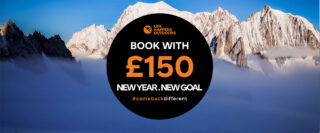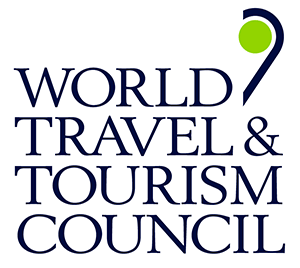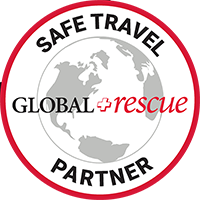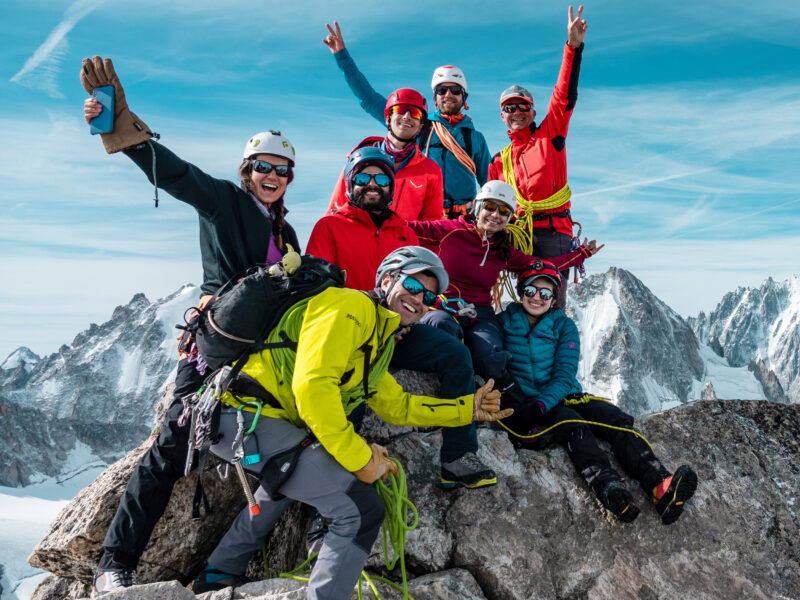BY Anthony Mezher | January 03 2023
7 Reasons to Choose the Professionals
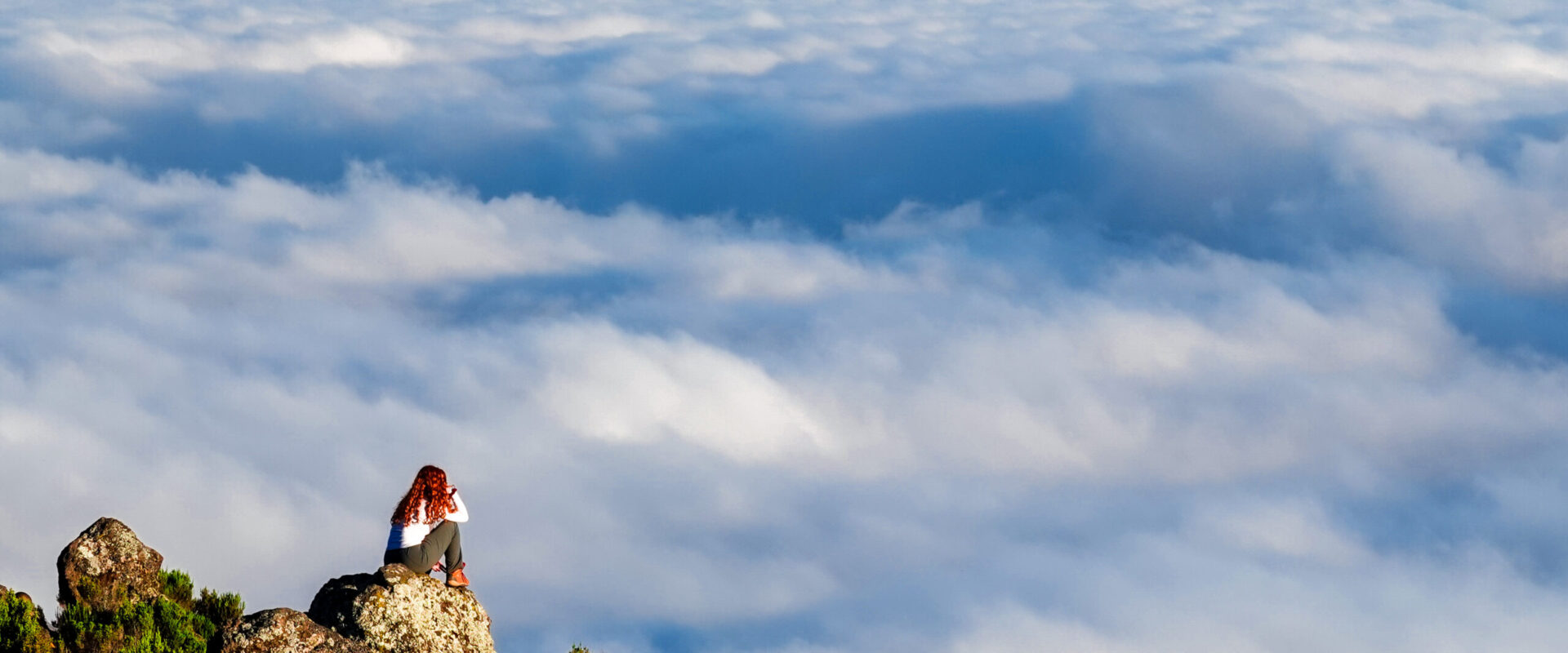
We’ve all been there. Worn down by relentless hours in the office. Barely have enough time to plan a weekend let alone a holiday. A deep urge to do something completely different sets in. Saturday brunches are feeling mundane. Staycations have been done to death. Maybe you’ve even put together a few great trips. Booked a stay at a remote cottage on Airbnb. Found a few walks to take. Followed google maps to a secret beach that you found on an obscure blog. But now, you’re thinking of Kilimanjaro, the high Himalayas, the Alpine glaciers, and the Arctic circle. Something wild. Something way outside the comfort zone.
Once those thoughts set in, it’s off to google we go to find out how to make it happen, and that’s when the headache kicks in. Kilimanjaro trips ranging from a thousand dollars to ten thousand dollars. Machu Picchu from a few hundred pesos to a few thousand dollars. Page after page of itineraries that start to feel like you’ve read the exact same sentences on four different websites. You probably have!
Yes, it can feel overwhelming and it can feel like it’s impossible to discern what you’re really paying for if there are such wildly different prices to essentially walk the same trail. But, there is. Or, at least, there should be. Here’s what you need to consider.
- Cheap options are usually incomplete. This isn’t necessarily a bad thing but if you’ve flown all the way to Peru for the one and only trip you intend to take there, you probably want accommodation that’s been chosen with some degree of thought. Perhaps the meals are also selected beyond just being a matter of sustenance. We’re in Peru after all! This isn’t to say that all premiums are justified on this basis, but if you are paying more you should consider how much more your premium professionals are bringing to the overall experience.
- True story. I was trekking in Nepal and couldn’t understand why my local guide who I met in Pokhara and who offered to cover the entire experience kept insisting that I wouldn’t recover from my headache on the very first day of the trek. He stopped at every opportunity to encourage me that turning back is necessary. Yes, I wasn’t going fast and I did struggle a little bit, but not to the extent that I felt the need to go back. By way of background, I had already climbed Paldor Peak, done the Chamonix-Zermatt Haute Route, climbed Kilimanjaro twice and has some experience. So it wasn’t that I was suffering and unaware of my symptoms. I was pretty confident that I was fine. Just slow and having an off day. I later learnt from my local friend that sometimes they try to turn you around so that they don’t incur the costs of the remaining nights that are covered by the total package fee. So, they’d basically pocket it by turning you around. This just doesn’t happen with vetted and trusted professionals.
- Expensive trips with reputable companies do also pay their employees and suppliers well. No this isn’t the rule of course but you can instantly tell when a company has a good reputation with the local guides and porters. They’re beyond willing to go the extra mile. They’ll have stories about previous experiences with the company. They probably even know the owner personally and the trust has been established on a very personal level. When it’s cheap for you it’s also cheap for the porters, guides and entire operation that’s supposed to keep you safe and guide you to an enjoyable adventure holiday.
- Risk is part of being on an adventure. You simply can’t be in the wild, at high altitude, in a rushing river on kayaking on the Arctic ocean without there being some sort of risk. Going to the limit can sometimes bring us pretty close to danger, at least more so than what we’re used to. It’s probably part of the thrill of going there in the first place. What you pay for really comes around full circle when things don’t go right. Chances are, it’s the professionals who’ll have the group insurance, the procedures in place, the reputation with the local authorities to ensure the team is being attended to immediate among loads of other things we don’t think about until we need to actually think about them. But, it isn’t just when things go wrong. It’s preventing them in the first place. It takes a certain level of experience to know when to turn around, to read the group dynamic and recognize danger before it happens. Sometimes, simply telling the difference between the near identical symptoms of altitude sickness and dehydration, the treatments for which are polar opposites, can make it or break it! That comes from having been there and done that many times over. That’s the hallmark of the true professional.
- Unfortunately, teahouses, lodges and other remote accommodation is hard to come by. Professionals know this. They also know what’s what when it comes to choosing the right places for the different trails and experiences. They’ll know who has the clean kitchen, the better working WIFI, the mountain views, the cute common rooms or sometimes just the safer place to be that isn’t sitting smack in the middle of an avalanche couloir. It takes years to build relationships with some of these places who go above and beyond for us because they know that we keep coming back. This is especially true on the trails of Nepal where you can see a distinct difference between the level of service that owners give to the professionals they already know and who have a reputation with them versus someone just walking in.
- If you’re being charged a premium you’re probably also paying for the quality assurance. This extends to safety measures but also covers refund policies and equitable engagement with local communities. It does come at a cost to be a member of quality assurance associations such as the Adventure Travel and Trade Association but it’s also insurance to joiners that minimum standards are always met and there are no surprises.
The opinions of this article are the authors alone. Publication of this article on the LHO blog is not represent an endorsement of any of the views set out.
About Life Happens Outdoors
At Life Happens Outdoors, we believe in the power of nature to transform lives. As proud members of the Adventure Travel Trade Association (ATTA) and the World Travel & Tourism Council (WTTC), our team of certified guides and outdoor professionals is committed to the highest standards of safety, sustainability, and excellence.
Discover more about our story and mission on our Meet LHO page, or explore our curated adventures such as the Tour du Mont Blanc Trek, the Climb of Kilimanjaro, and Chasing the Northern Lights.









